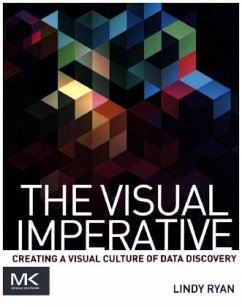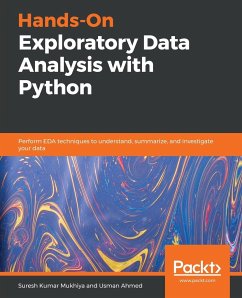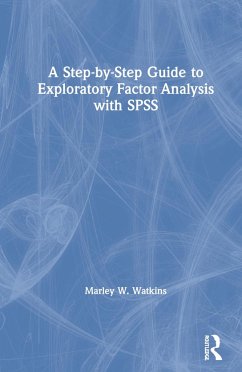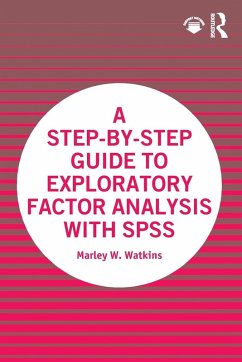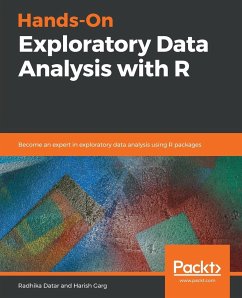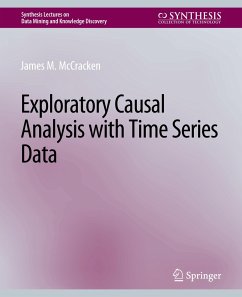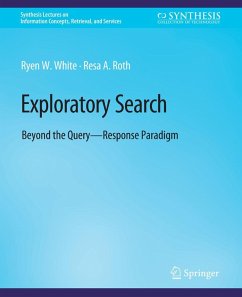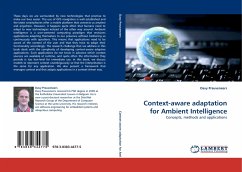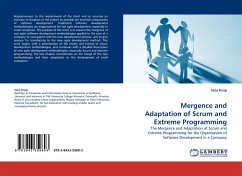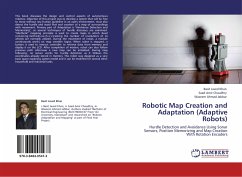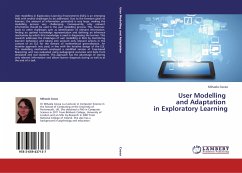
User Modelling and Adaptation in Exploratory Learning
Versandkostenfrei!
Versandfertig in 6-10 Tagen
47,99 €
inkl. MwSt.

PAYBACK Punkte
24 °P sammeln!
User modelling in Exploratory Learning Environments (ELEs) is an emerging field with several challenges to be addressed. Due to the freedom given to learners, the amount of information generated is very large, making the modelling process very challenging. Consequently, only relevant information should be used in the user modelling process. This, however, leads to other challenges such as identification of relevant information, finding an optimal knowledge representation and defining an inference mechanism by which this knowledge is used in diagnosing the learner. This research addresses the c...
User modelling in Exploratory Learning Environments (ELEs) is an emerging field with several challenges to be addressed. Due to the freedom given to learners, the amount of information generated is very large, making the modelling process very challenging. Consequently, only relevant information should be used in the user modelling process. This, however, leads to other challenges such as identification of relevant information, finding an optimal knowledge representation and defining an inference mechanism by which this knowledge is used in diagnosing the learner. This research addresses the challenges of user modelling in ELEs by monitoring learners' behaviour and taking into account only relevant actions in the context of an ELE for the domain of mathematical generalisation. An iterative approach was used, in line with the iterative design of the ELE. The modelling mechanism employed a modified version of Case-based Reasoning and was evaluated using pedagogical scenarios and data from simulated and real students. This approach has the advantage of storing only relevant information and allows learner diagnosis during as well as at the end of a task.



